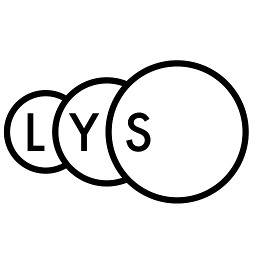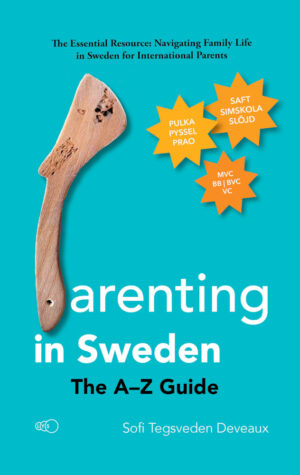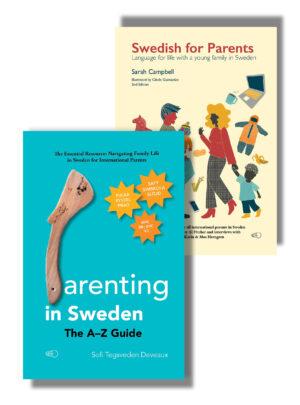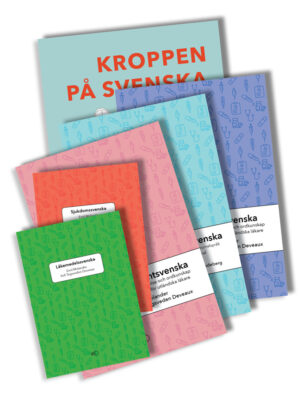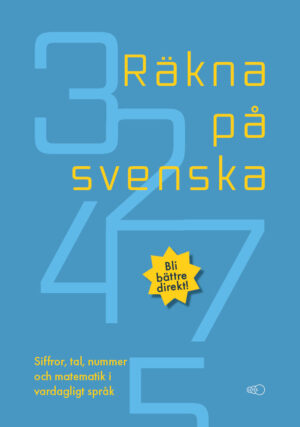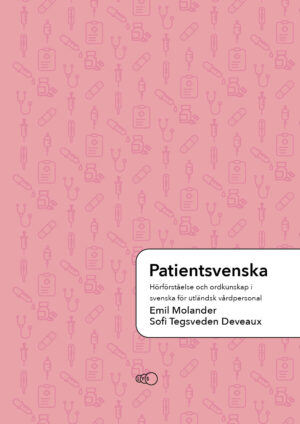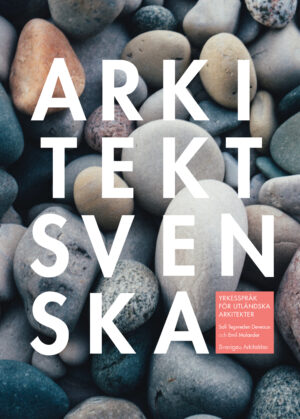Your CV lists your education, work experience and skills. Your covering letter will tell your prospective employer who you are, why you want this job in particular, and why they should hire you. The two should complement each other, to give a clear idea of who you are and what you can do.
In what language should I write?
If you speak Swedish well enough to use it at work, and the vacancy is advertised is in Swedish – then write in Swedish. Ask a native speaker to proofread it for you. This is not cheating! Writing a covering letter is not a test. Instead, presenting a well written and correct cover letter will be interpreted as you being professional and serious. Being aware of your imperfections and asking for help means you are humble – remember the concept of prestigelös in my previous article. Not just in terms of language, it is always good to have another person’s point of view.
If you do not speak good enough Swedish to use it at work, or if the advert is in English – write your covering letter in English. Again, ask someone to read it, and give you some feedback.
How formal should it be?
Swedish is a language lacking huge difference between formal and informal language. There are differences, but from a European point of view, they are almost negligible. If you are writing in Swedish, keep it correct, accurate and simple. Swedes are not impressed with long, complicated sentences, and we even find it difficult to understand their content. Native speakers of Latin languages should pay extra attention to this piece of advice.
Even if you write in English, you should be aware that even when we deal with foreign languages, we tend to apply the use of our native tongue. Swedes do not exactly understand the purpose of formality, and have a neurotic relationship to formal language. Many of us are charmed, whereas others interpret advanced vocabulary and formulations as an attempt to prove superiority, which is not considered a desirable trait in the Nordics.
With this complex attitude in mind, I am not entirely sure what advice to give you. I believe the interpretation of this is highly dependent on what sector you are addressing, but also the very individual who will read your application. Without much to back it up, I believe that it is more important to keep it simple, objective and professional. Use technical terms if applicable.
How long should it be?
Short. I normally recommend ¾ of an A4. That is very generous. Recommendations of 2/3 of an A4 are not uncommon.
How should I structure it?
Important details
At the top, you need to specify your contact details, including full name, postal address, phone number, e-mail, and your LinkedIn profile. These days, your postal address is a mere formality, as all correspondence will be per phone or e-mail. I would, however, advise you to do give your Swedish postal address, as it will reassure the recruiter that you are indeed living in Sweden. It could be added that, especially in Stockholm, many Swedes believe that they can deduce who you are from just looking at your address. This is, in my opinion, very unfortunate, especially considering the difficulty finding housing, that often leaves no choice in terms of location to newly arrived professionals, regardless of socioeconomic status.
Today’s date is also necessary. Double check this when you send it if, like me, you tend to work on a document over a few days.
The name of the company, reference number, and (if applicable) a contact person. Not many covering letters are sent by post these days, but if you do, the postal address of the company is necessary.
Why do you want the job?
Your first paragraph is important. If someone has recommended you to apply for this job (this could perhaps be a useful reference) state it. Explain why the company is interesting to you. This requires a bit of reading, it will be obvious if you have not done enough research. Also clarify why the position in particular motivates you to apply. It is in your employer’s interest that the job in itself gives something to you, perhaps a chance to get more responsibility, develop a particular skill, or even learn something.
Why should they hire you?
The second paragraph is your chance to sell yourself. Many of my clients make the mistake of merely repeating their CV here, in prose. This is often extremely boring to read. It is suitable to refer to your CV, but the most important thing here is to match you experience and competence to the position you are applying for. What can you do for the company? Why is your expertise particularly interesting to them? Always use concrete examples to illustrate you skills and personal qualities. Describe a professional situation where you made a difference. Summarise your attitude to work, and what gives you motivation. Make sure there is some personal touch.
Why will you be a great addition to their existing team?
As I must have mentioned before, Swedes value people skills. Present the people/team working skills you have. Perhaps you are very good at explaining technical solutions to your colleagues, perhaps you spread positive vibes when the organisation goes through a change, or you are really good at making sure everyone in the team feels they are playing an important role. Spend some time thinking through your personality, to be more personal, and to avoid clichés.
What is the next step?
Last, there is your chance to communicate any practical information regarding your application. Specify if there is any online material (LinkedIn, professional page, portfolio etc.) that the recruiter/employer should look at. You are maybe abroad for the coming week, but can be reached via e-mail, or you are currently on paternity leave but can get a babysitter with a day’s notice.. Say that you are looking forward to the interview.
Common mistakes
- Too long. Filter what information is the most relevant for this position.
- Referring to another company/position. If you have used another covering letter as a sample, double-check at least three times that you have not forgotten to edit all information.
- Too generic. Your covering letter should clearly show that you are applying to this particular company, and this particular position.
- Too impersonal. Your covering letter should give a picture of your person, what you care about, what is your work ‘philosophy’, why you are a unique person.
- Too private. This is not the forum to express concerns over your health, family or economic situation. Be professional.
- Too similar to your CV. The two should complement each other.
Make sure someone reads it!
Swedish recruitment processes are often fast, and interviews will have often started long before the closing date. Double-check your CV and covering letter one more time, and send it before it is too late.
